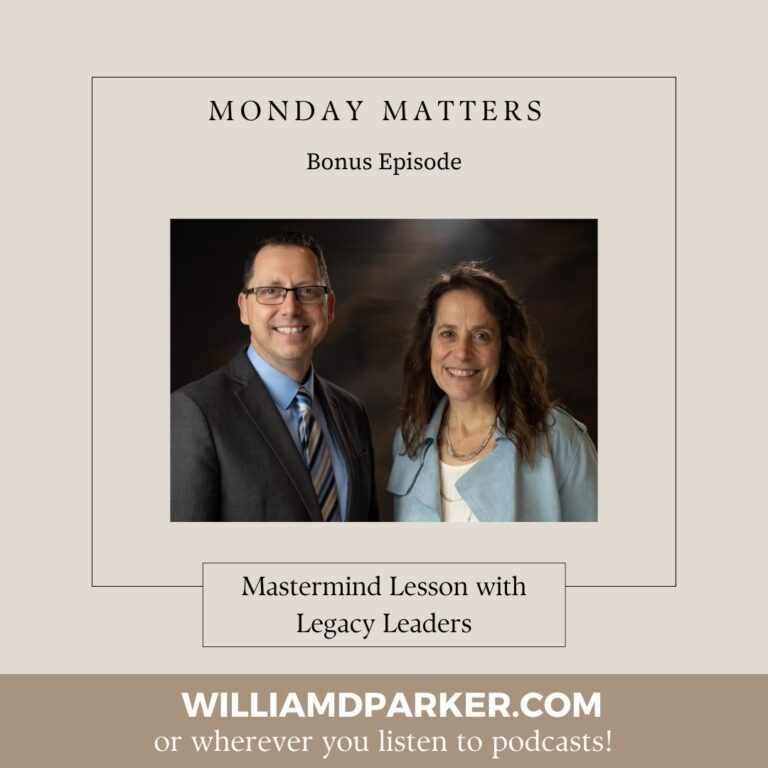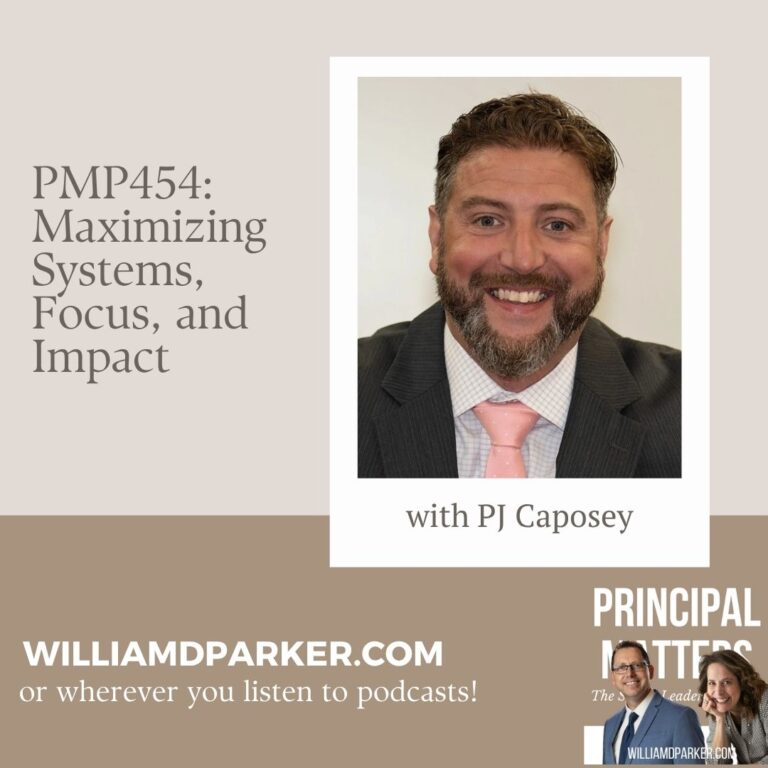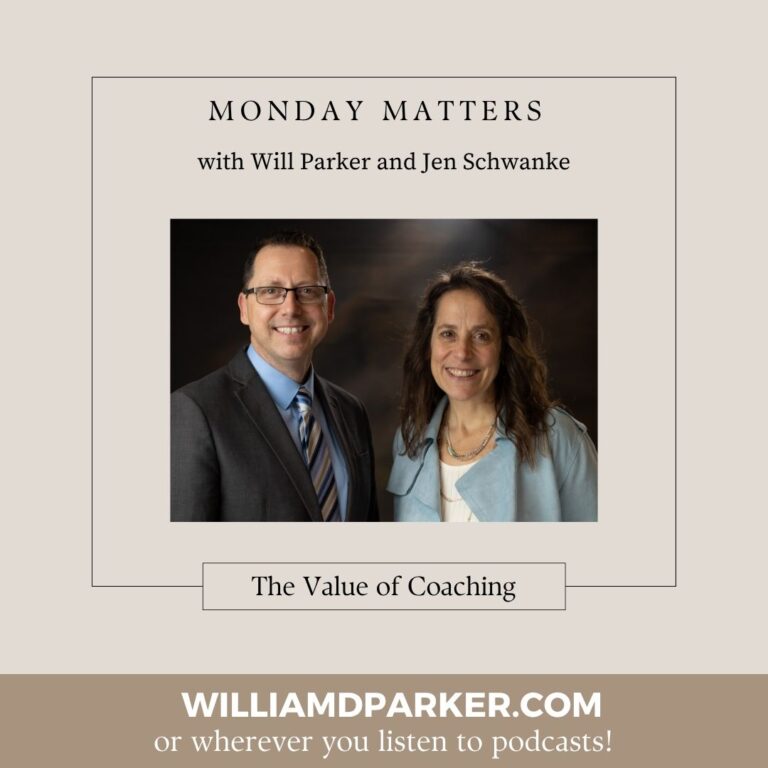Podcast: Play in new window | Download
Recently, on a trip to Philadelphia, I was sitting in airport gate seating area, which gave me a view of the ground crews prepping planes for departure.

Workers were driving baggage trains, pulling fuel trucks in and out, and loading bags on runways into planes.
While I watched them, I thought about how many people it takes for you to arrive at any destination. Whether you’re on the road or in the air, someone has to build the vehicles, hire the workers, schedule the routes, write code for mapping programs, or drill the ground for the necessary fossil fuels. But no matter how varied the people or methods for reaching your destinations, you can’t reach the road ahead unless those people or methods are reliable.
As you think about leading schools, sometimes you have a clear roadmap. At other times, you encounter situations or challenges that are new or unexpected. Although the methods we use for reaching goals may change over time, many of the essential qualities to finding solutions are “timeless”: virtues like dependability, trust, perseverance, and teamwork to name a few.
This week I’ve been a lot thinking about “timeless truths” after a great conversation with Andrew McPeak, a next generation researcher, speaker, and curriculum designer for Growing Leaders. Growing Leaders provides great resources for anyone dedicated to reaching today’s young leaders. Andrew is also co-author of the new book, Marching off the Map: Inspire Students to Navigate a Brand New World that he and Dr. Tim Elmore released this summer.
Andrew and I had long conversation about what trends today’s youth are facing. And we discussed how educators can face uncertain times with hope because certain truths still hold true in leading others, no matter how quickly the world is changing.
Listen to the entire interview for some great takeaways, but here are some the topics we explored:
Lessons from Marching off the Map
- How youth are more overwhelmed than ever
- What is FOMO (Fear of missing out) and how does it affect youth mindset?
- Why most youth say adults have no idea what their life is like—especially when they’re not around
- How today’s youth show a strong desire to serve people and solve problems
- The potential of this emerging generation to be the greatest generation
- How every generation pushes back and how we falsely assume the world should be fundamentally shaped by adult experience
- Why relevant and timely people will survive in this brave new world
- Timeless doesn’t change. We are not just teaching children, we are training future leaders
- How can you find timely ways to teach truths that are timeless
- Why educations should “Go Epic!”
Experiential—how can they touch, taste, smell, see what they are learning?
Participatory—how does their feedback guide what they’re learning?
Image Rich—not just pictures but an image for their heart that goes along with their head…stories or metaphors as well as pictures.
Connected—instead of artificial connections, give them real face-to-face, empathetic relationships with learning…educators who build relationship - The power or “Mindfulness” and “Metacognition”
- How technology is a great servant and horrible master
- “Habitudes” and how they are powerful ways to teach leadership lessons
- How teaching ethics and values through the use of rich images can form new leadership habits
- Why students must learn to lead themselves well
- How we shape school cultures by our lessons on timeless truths
- How to begin conversation starters that lead to students adjusting habits and attitudes toward timeless truths
Let’s Wrap This Up
As I spent a few days in Philadelphia this week, I was very thankful for the multiple tools and people that helped me navigate my journey. At the same time, the people and tools that make possible modern travel would not be possible without the reliable practices of people years before.
Perhaps you find yourself “marching off the map” when leading others. Remember, however, that the essentials for leading still involve timeless principles passed down to us from previous generations of great leaders.
As Andrew McSpeak explains, leading today’s youth can be both a daunting and encouraging journey: you may be in uncharted territory, but you can still rely on a strong compass of “timeless” principles. When you do, you can stay the course in helping your students reach their destinations.
Now It’s Your Turn
What are some of the new challenges you are facing in leading others? Are there new methods you can practice to help your students, teachers, or team mates grow in learning timeless principles? How can you encourage “EPIC” learning for your school?
Sign-Up For Free Updates and Ebook
When you enter your email address below, you will automatically receive my newest posts and a free Ebook, 8 Hats: Essential Roles for School Leaders. Let’s keep learning together!
Subscribe for free weekly updates and receive free e-book!
(function($) {window.fnames = new Array(); window.ftypes = new Array();fnames[0]=’EMAIL’;ftypes[0]=’email’;fnames[1]=’FNAME’;ftypes[1]=’text’;fnames[2]=’LNAME’;ftypes[2]=’text’;}(jQuery));var $mcj = jQuery.noConflict(true);
Principal Matters–The Book!

School leaders are very busy, so each of the twenty-four chapters is designed as a quick-read and followed with take-action questions for follow-up or reflection. If you want practical ideas on understanding your purpose, managing school teams, dealing with challenges, and leading with courage, action, motivation, and teamwork, go HERE to pick up a copy for you or your team.
Messaging Matters

Harness the power of messaging to create a culture of acknowledgment, respect, and celebration. Written specially for leaders, this title is divided into three parts, helping readers to maximize their role as chief communicators with students, teachers, and parents and community. Each chapter includes suggestions for using digital tools to enhance messaging and ends with reflection questions and practical next steps.



